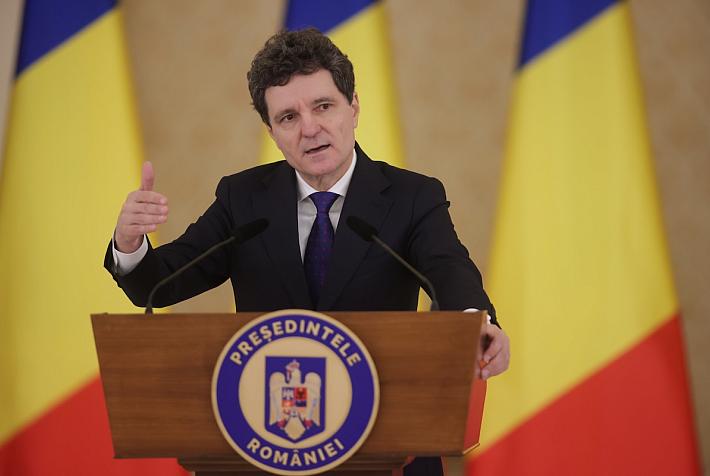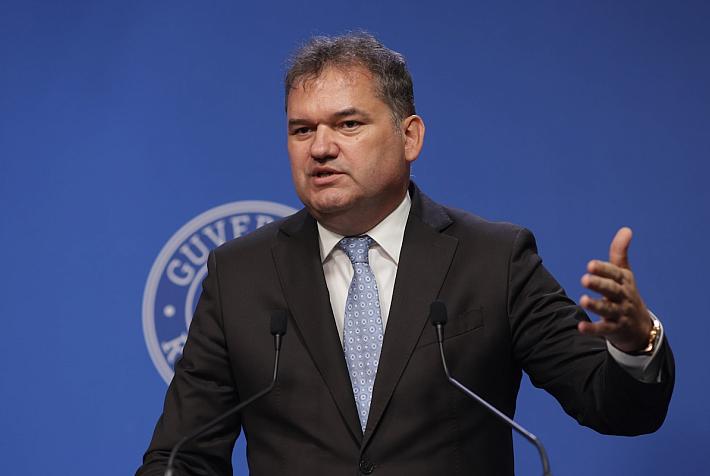The Economist: New government is not the answer to Romania's winter of discontent

The new Prime Minister and government in Romania has roused The Economist to comment. Romanian political goings-on, normally languishing among the Economist's blogs and letters, have been elevated to feature article status with a story to run in tomorrow's ( February 11 ) print edition titled, 'New Government, Old Problems'. The article suggests that Romanians are disillusioned with the entire political class and that Emil Boc's resignation and the installment of a new team of ministers is not exactly what the people want.
Commenting on the ongoing protests, The Economist states, “Their causes range from ecological to monarchist, but are mostly about government arrogance.” Basescu's public statements are highlighted and his propensity for impulsive action and comments rebuked. The article gives the President's telephone call to a live television show in which he denounced Raed Arafat as an example. This single action, suggests the Economist, caused the public unrest – Arafat resigned in protest and the rest, as the old saying goes, is history. The Economist could have included former foreign affairs minister Baconschi's public insults of protesters as another example of what it has branded political arrogance in Romania. Baconschi was, however, fired over his comments.
Corruption, Romania's old bugbear is again raised. “Romanians, weary of tax rises, pay cuts and poor public services, would find austerity policies more palatable if politicians stole less and communicated better,” reads the article, which goes on to draw attention to the EU's continuing concerns over Romania's justice system. Despite former PM Adrian Nastase's conviction on fraud charges, the Economist says, “no big fish have been netted on big charges; a culture of impunity is barely dented.” The article also mentions the view of Nastase's supporters that his conviction is the result of Basescu's personal vendetta.
But the article does contain some more positive points about Romania, it calls the economy “actually quite stable,” and praises Romanian Central Bank Governor Mugur Isarescu, who is credited as the “linchpin” of the IMF bailout deal in 2009 and called “the most respected public figure in Romania.”
Read full article in The Economist.
Liam Lever, liam@romania-insider.com











